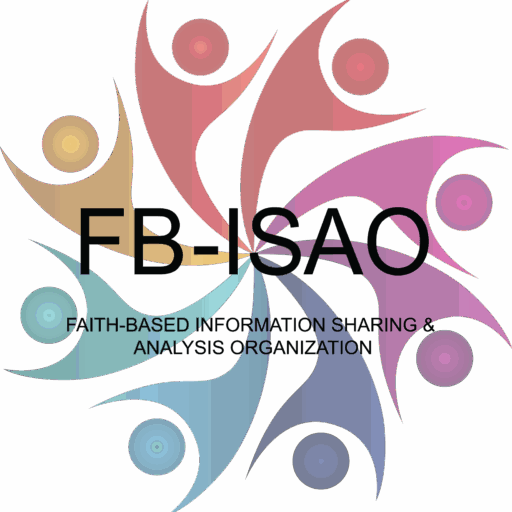On 15 June, the FB-ISAO Team, with the guidance of our Board of Advisors, wrote a letter – it’s not any letter, it’s a letter with a BIG ask.
The letter asks The Trump Administration to establish the Faith-Based Sector as a critical infrastructure sector.
The letter asks The Trump Administration to establish the Faith-Based Sector as a critical infrastructure sector. What does that mean? Certainly the community of faith has been one that has witnessed a plethora of hostile events and yet, as a community it is not granted any type of designation that allows it to serve its needs with the full weight and support that is afforded to other communities that serve a vital role in the fabric of this Nation. The community of faith serves its members in so many ways such as providing a place where people gather to worship, socialize, attend classes, teach children, provide community-based services like job search support, receive mental health services, and other activities. What they do is critical! During the COVID-19 pandemic, the critical nature of the work that Faith-Based Organizations (FBO) performed become even more vital. In fact, on May 22, 2020, President Trump declared “houses of worship, churches, synagogues and mosques” to be “essential places that provide essential services.” Read the full text of The Letter to the Trump Administration – Establish a Faith-Based Sector of Critical Infrastructure.

The Faith-Based of Information Sharing & Analysis Organization was formed in June 2018 with the mission of providing members with information, analysis, and capabilities to help reduce risk while enhancing preparedness, security, and resilience. We perform our mission across the all-hazards threat environment – including physical security, cybersecurity, public health, and natural disasters – by leveraging our team’s expertise and extensive experience in preparedness, operations, and years of support to critical infrastructure information sharing and analysis centers (ISACs), combined with member collaboration and expertise, and through our unique relationships with government partners, the broader information sharing community, and other entities. Members of FB-ISAO, our partners across industry and government contributed to the development of the Pandemic Reopening & Reentry checklist for Faith-Based Organizations. The checklist is a compilation of government guidelines, best practices and special consideration for Faith-Based Organizations (FBOs) to help pilot their efforts on reopening. Read more about how the checklist was developed and how it should be used. That checklist has been downloaded, and presumably used, by more than 500 FBOs – the checklist is useful and provided much needed guidance.
At the State, local, tribal, and territorial level, many of the nation’s fusion centers and InfraGard chapters have established engagement with their local FBOs and are attempting to help enhance the security, preparedness and resilience of the community. In fact, in partnership with our InfraGard partners, FB-ISAO delivered a webinar on the Pandemic Reopening and Reentry Checklist. The webinar recording can be access here. While this is all very commendable, the community of faith by its very nature is disparate and difficult to organize – geographically and by various beliefs and faiths. That is why FB-ISAO plays a pivotal role in banding the community together and allowing that community to benefit from the interaction with government and law enforcement in a one-stop-shop scenario.

It is our hope that the letter will resonate with The Trump Administration and that consideration will be given to this important and timely request. Certainly, the designation of a “critical infrastructure sector” for the community of faith is much needed and would lend itself to legitimizing the critical nature of the work that Faith-Based Organization perform today and every day.


